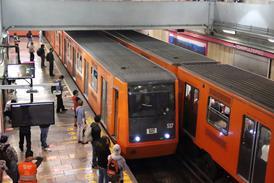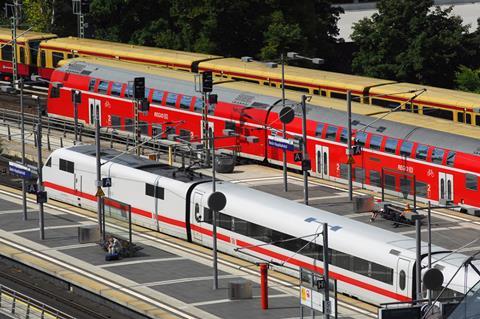
GERMANY: Eight railway industry associations have jointly set out their three most important requests from politicians ahead of the federal election to be held in September this year.
The three requests are to expand railway infrastructure to support a Deutschlandtakt national regular-interval timetable; to systematically digitalise the railways; and to accelerate the modal shift to rail as a more sustainable mode of transport.
Rail advocacy group Allianz pro Schiene, local transport authority association BAG SPNV, private operator’s group Mofair, freight railway group NEE, sustainable transport group VCD, supply industry association Verband der Bahnindustrie, operator’s group VDV and wagons owners’ group VPI called on the next government to implement existing masterplans for freight and passenger transport and the regular interval timetable, saying rail would be key to meeting climate targets.
Ambitions include doubling the number of passengers, and increasing rail’s share of the freight transport to at least 25%.
Expanding infrastructure
The associations called on the federal government to increase funding for new construction and expansion of the network to at least €3bn/year by the middle of the legislative period at the latest, using a secure long-term funding model similar to Switzerland’s state rail infrastructure fund.
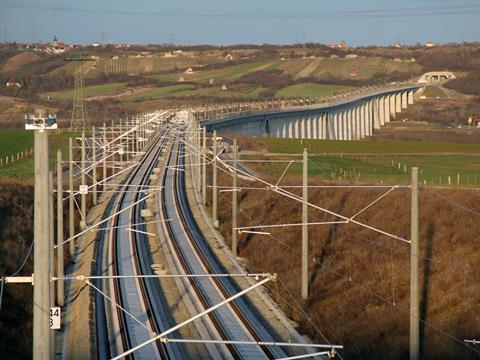
‘In order to achieve the climate goals, we have to significantly expand the rail transport services. However, we can only implement this once the bottlenecks on rail lines and in train stations have been eliminated and the Deutschlandtakt introduced’, said Frank Zerban of BAG-SPNV when the list was published on January 21.
The associations also stressed that there should be funding for railway infrastructure which is not part of the federally-owned network, which would make rail more attractive for ‘last mile’ connections.
Digitalise the railway
The associations said the entire federal rail network should be digitalised by 2035, with government and EU support needed for the ‘Herculean task’ to roll out digital automatic couplers, including the retrofitting of 450 000 wagons across Europe which is estimated to cost more than €8bn.
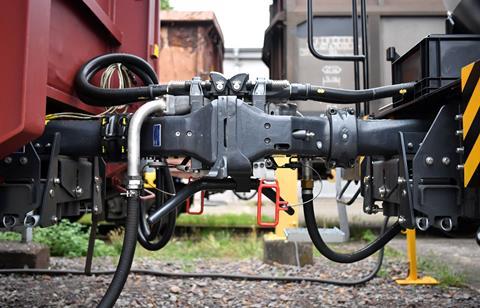
Door-to-door through tickets should become the norm for public transport, with the industry-wide provision of real-time information on all operators as well as the latest features such as occupancy data.
The federal government should also provide more incentives for innovation, including bonuses for investments in digital and emission-free technologies.
Growing rail traffic
The organisations called for a move away from the view that road tolls should only finance roads, towards the principle that ‘traffic finances traffic’ with the use of lorry tolls to support cleaner modes of transport.
Rail should also be given priority in the federal budget.
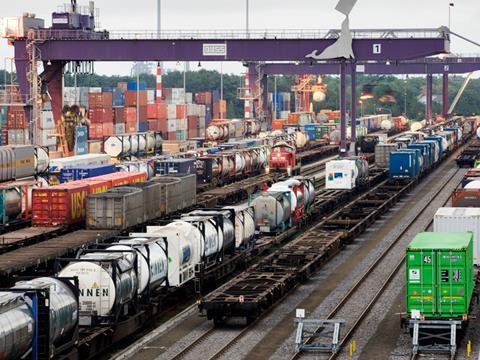
‘We have to combine the previously separate financing cycles for road and rail’, said Mofair’s Dr Matthias Stoffregen. ‘Traffic finances traffic. An infrastructure fund is then fed with income from the motorway toll and other taxes on climate-damaging transport, and these funds can be used for rail projects.’
A large number of individual measures are also required, including exempting railways from an electricity tax, lower charges for electric trains, creating a sustainable framework for wagonload traffic and permanently reducing track access charges.
‘So far, the federal government has promoted all types of transport, regardless of whether they are environmentally friendly or not’, said Dirk Flege of Allianz pro Schiene. ‘The next federal government must give climate-friendly rail priority over other modes. It takes courage and determination. But only with these priorities can Germany meet its climate obligations in transport.’

